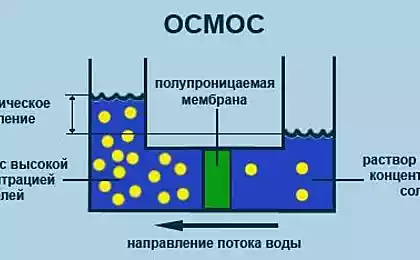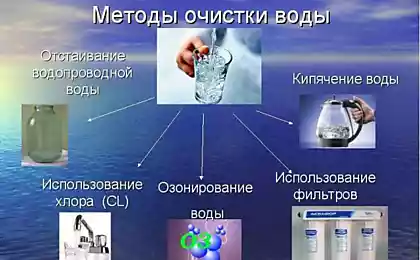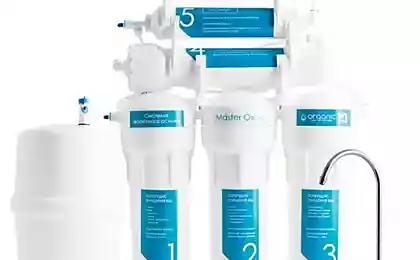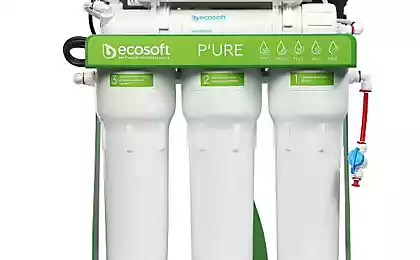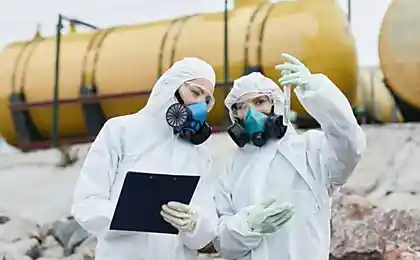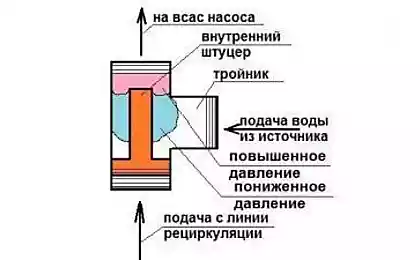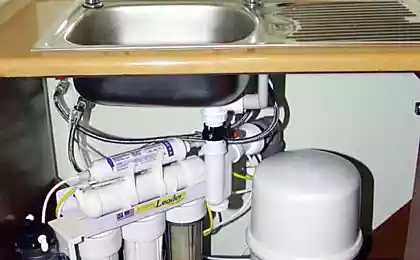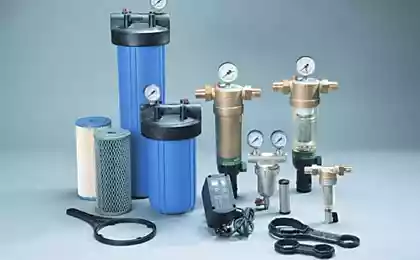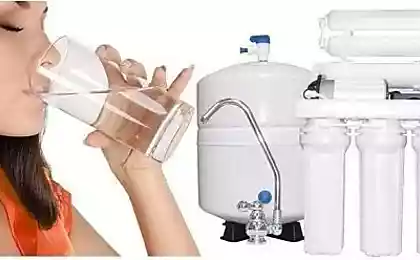279
Reverse osmosis water systems: types, principles of operation, advantages and technical difficulties
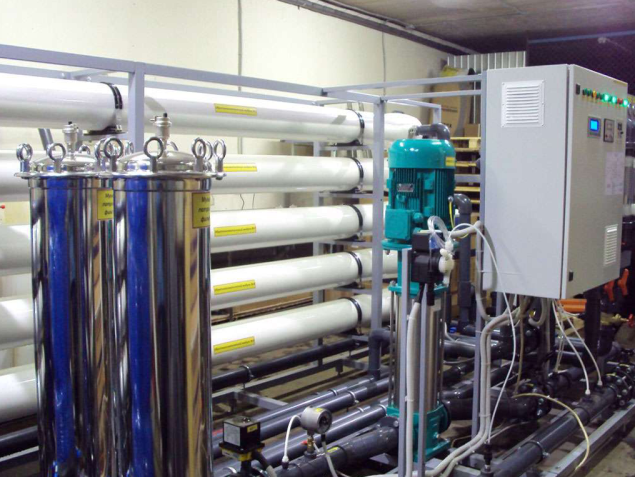
Reverse osmosis water systems are technologies that are used to purify and recycle used water so that it can be used again. This is important for the efficient use of water, reducing pollution of water bodies and reducing the cost of acquiring new water.
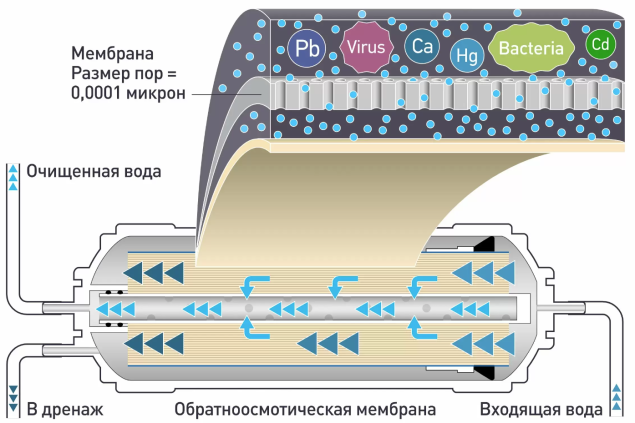
Work principles
Principles of operation of reverse osmosis water systems: Reverse osmosis water systems are based on a few simple principles that ensure their efficient operation.
The first of these is the presence of filters that help filter impurities from the water. The second principle is the use of biological processes for water treatment, such as biological treatment or oxidation. The third principle is the use of chemical processes, such as disinfection, to remove remaining contaminants.
Depending on the type of reverse osmosis system https://pvkgroup.ru/cistemy-obratnogo-osmosa-vody/, one or more of these principles can be applied together to achieve the most efficient water purification.
System types
There are several types of reverse osmosis water systems, each designed to solve specific water problems. Some of the most common types of reverse osmosis water systems include:
- Home Reverse Osmosis Systems: These systems are designed for use in the home and provide water purification for drinking, cooking and other household needs.
- Industrial Reverse Osmosis Systems: These systems are used in industrial facilities to purify water that is used in manufacturing processes.
- Public Reverse Osmosis Systems: These systems are installed in public places such as hotels, swimming pools, sports centers, offices, etc. They provide water purification for a large number of people and are used for a long time. They must be designed and installed by professionals, as they require large volumes of water and careful planning of treatment processes.
Benefits of reverse osmosis water systems
Benefits of reverse osmosis water systems:
- Save Water: Reverse osmosis systems allow you to recycle and reuse water many times, which helps save water.
- Save money: Using a reverse osmosis system saves money that would otherwise have to be spent on buying new water.
- Improve the environment: Reverse osmosis systems help reduce the amount of waste that is released into the environment, which has a positive impact on the environment.

Types of metal anchors and their applications
I had a dream of my mother-in-law, and the next morning she came and told me that I slipped on the wall.
